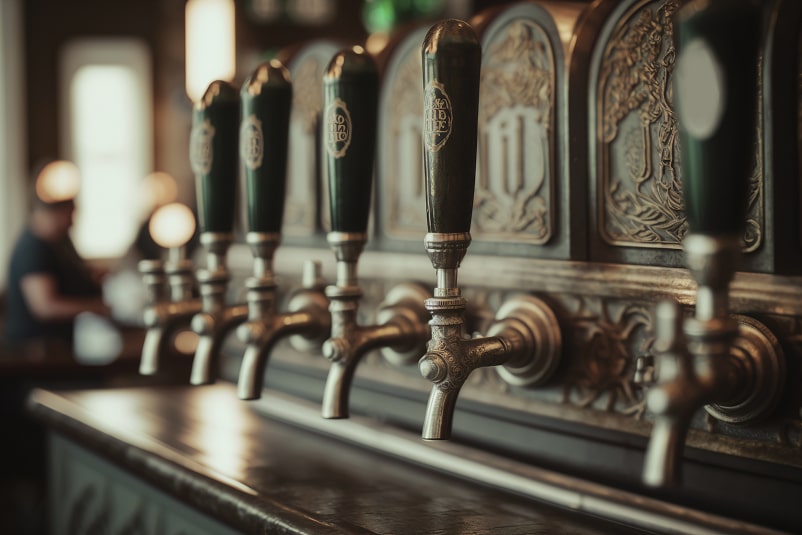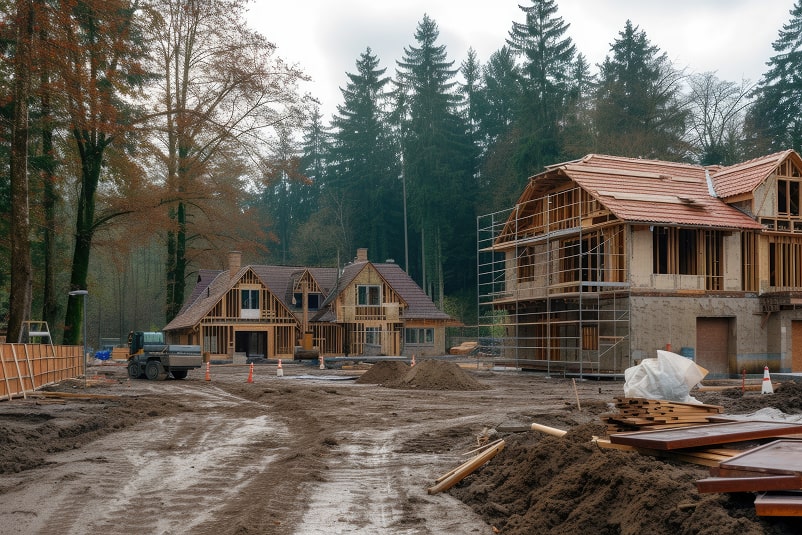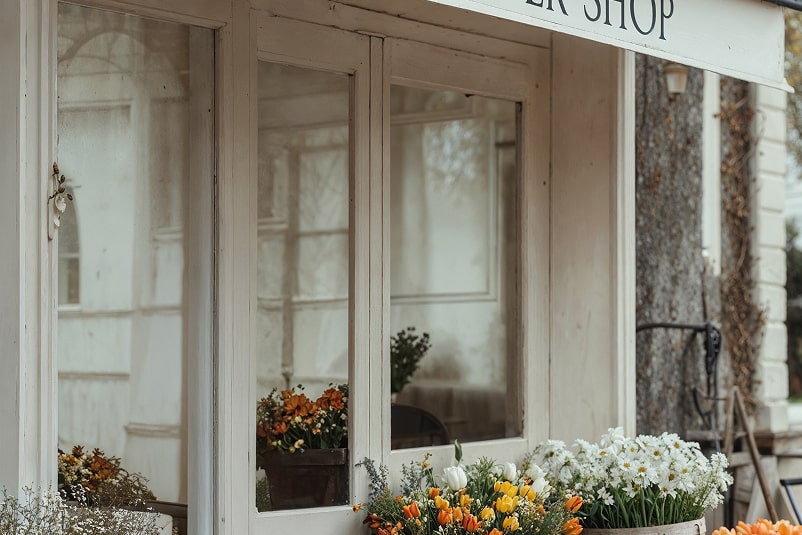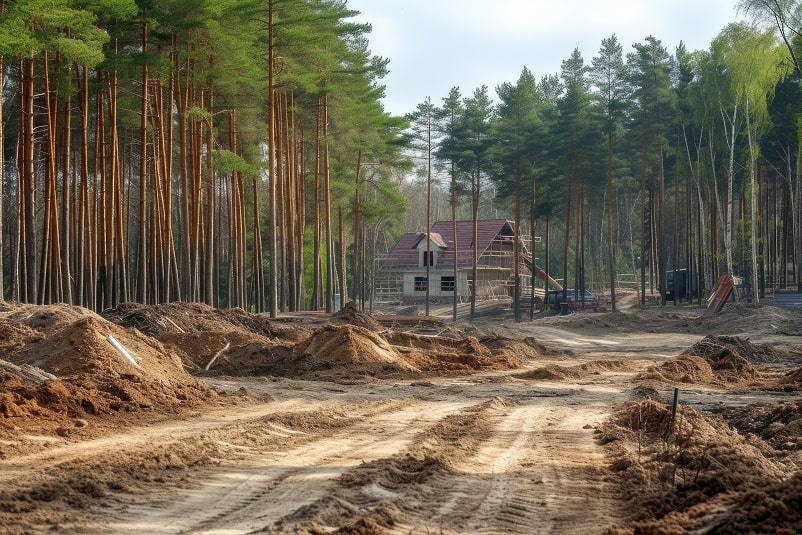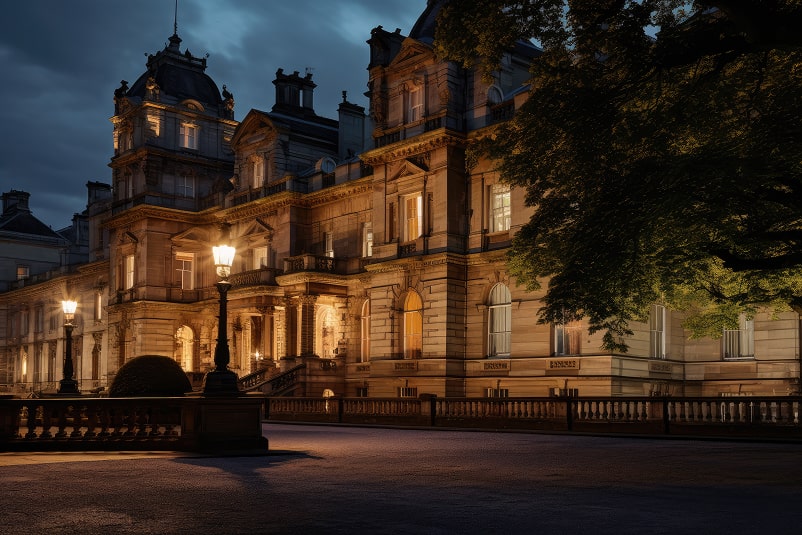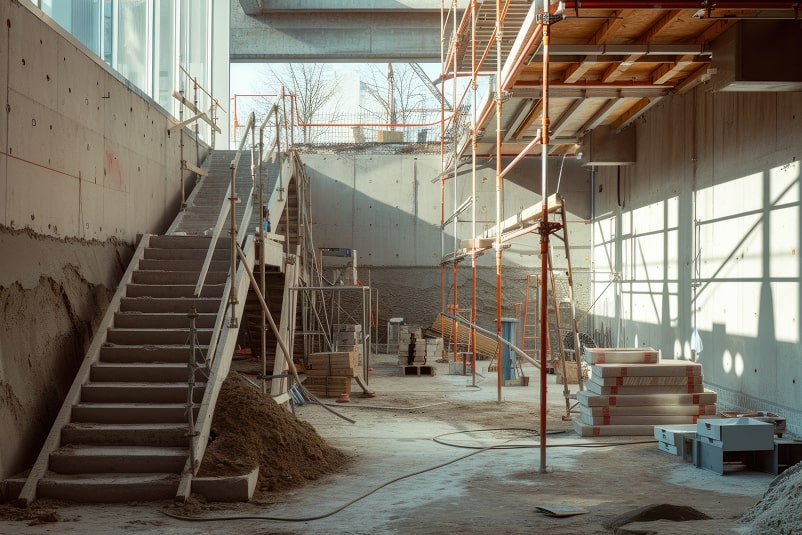Introduction to Pub Mortgages
A pub mortgage, also known as a commercial mortgage for a pub, is a specialised loan used to purchase, refinance, or refurb licensed premises such as public houses, inns, gastropubs, and free houses. These types of mortgages fall under commercial lending due to the business nature of the property and the complexities that come with operating a licensed venue.
The specialist nature of pub mortgages, especially for heritage or listed properties, means that additional considerations such as conservation restrictions and insurance requirements may apply. When you buy a pub, it’s important to understand the unique requirements and processes involved, as pub ownership often requires tailored funding solutions.
Buying a pub whether it’s a freehold, leasehold, or tied house requires careful financial planning. Mortgage lenders evaluate both the viability of the business and the property itself. They consider the pub’s trading history, location, the borrower’s industry experience, and the business plan. Lending criteria typically include maximum loan-to-value ratios and may involve 90-day valuations to assess risk.
Lenders also assess pub trade and the specialist nature of pub ownership, which often requires tailored lending solutions. If you’re buying a pub that’s currently trading, lenders will likely assess turnover, net profits, and existing liabilities before offering terms, and demonstrating strong business performance is crucial to secure favourable terms.
A trading pub with an existing business and a proven track record is viewed more favorably by lenders, as it provides a proven income stream and reduces risk. For non trading pubs, lenders will require a detailed business plan and financial projections to secure financing.
Typically, pub mortgages are offered over terms of 10 to 25 years, with loan-to-value (LTV) ratios of up to 70%. Property value directly affects the loan-to-value ratio and deposit requirements, influencing the borrowing terms and conditions. In some cases, first-time buyers or new-to-trade borrowers may still qualify, provided they have a strong business plan and relevant management experience.
Who Can Benefit from a Pub Mortgage?
Mortgages for pubs are not limited to large commercial operators. A wide range of borrowers can benefit from this type of financing. A business mortgage is specifically tailored for pub businesses and can be used for various business purposes, such as operating a pub, running hospitality or retail activities on the ground floor, or generating income from mixed-use properties.
Aspiring landlords, entrepreneurs, and hospitality professionals often use pub finance to take over an existing establishment, while investors may look to acquire a property and lease it to a tenant operator.
Independent buyers, particularly those purchasing a freehold or running a family-owned business are common candidates. Franchisees or those leasing branded pubs can also use commercial mortgages to secure the freehold or improve the premises.
Commercial finance and business loans can also help buyers acquire multiple properties or expand their pub trade. Even developers looking to convert underperforming pubs into mixed-use spaces may require pub mortgage products.
Whether you’re buying your first pub or expanding an existing chain, a mortgage tailored to the hospitality sector is essential to accessing the right funding with manageable repayment terms. Market knowledge is also invaluable in securing the right finance solution, as it helps you understand industry trends and lender expectations.
What Types of Pub Mortgage Finance Are Available?
When it comes to financing the purchase or development of a public house, several lending options are available. The best choice depends on your experience, deposit size, business strategy, and the property’s trading status. When raising finance for a pub purchase, it’s important to remember that the purchase price is only one part of the overall investment additional costs such as legal fees, stamp duty, VAT, and operational expenses must also be considered.
Freehold Pub Mortgage
This is the most common route for those purchasing an outright ownership of the premises. Freehold pub mortgages generally come with higher LTV ratios and competitive interest rates, especially if the business has a solid trading record. Commercial lenders and high street banks both offer freehold pub mortgages, and they often require a repayment mortgage, where you pay off both the interest and the principal over the loan term.
Leasehold Pub Mortgage
Buying a leasehold can be more affordable but riskier. These mortgages are typically more difficult to arrange due to limited property security and shorter lease terms. Lenders often look for strong lease agreements, a low-risk location, and proof of trading performance. Working with specialist brokers can be invaluable in securing leasehold pub mortgages, as they have the expertise to navigate complex requirements and lender expectations.
New to Trade or First Time Operator Mortgages
If you’re new to running a pub, it’s still possible to secure a mortgage, though lenders will pay close attention to your background, transferable skills, and the quality of your business plan. Proper preparation is essential this means gathering comprehensive documentation, understanding specific regional requirements, and working with experts or brokers to ensure your application is well organised and tailored to the local market. Some specialist lenders offer bespoke products for those transitioning from other areas of hospitality.
Bridging Finance for Pubs
In some scenarios especially where speed is essential or refurbishments are required, bridging finance can be used as a short-term solution. A bridging loan offers more flexible criteria than traditional mortgages, making it suitable for quick acquisitions at auction or for properties in need of refurbishment. Once trading improves or refurbishments are complete, borrowers may refinance onto a long-term pub mortgage.
Refinance and Equity Release
Existing pub owners can refinance their current mortgage to access better rates or release equity for improvements, expansions, or debt consolidation. This is also a viable strategy for those looking to purchase additional sites. A vat loan can help cover VAT costs on pub purchases, supporting cash flow until the VAT is reclaimed.
Pub Mortgage Lenders
Below is a summary of lenders offering mortgages for pubs and licensed premises. These lenders understand the hospitality sector and are equipped to assess non-standard assets and trading businesses.
Lender | Loan Size & LTV | Lending Type | Key Features |
|---|---|---|---|
HSBC Commercial | £100k+ / Up to 70% LTV | Freehold & strong leasehold pubs | Traditional underwriting, lower rates |
Shawbrook Bank | £150k+ / Up to 65% LTV | Freehold pubs, tied leases | Flexible terms for experienced operators |
Lloyds Bank Business | £250k+ / Up to 70% LTV | Trading pubs and inns | Full commercial and business support |
Allica Bank | £150k+ / Up to 75% LTV | Owner-occupied licensed premises | Strong focus on SME lending |
Together Money | £50k+ / Up to 60% LTV | Freehold and development pubs | Bridging and short-term finance options |
Nationwide Business | £200k+ / Up to 65% LTV | Commercial properties with income | Tailored underwriting for hospitality sector |
Note: Terms vary depending on business trading history, deposit, location, and operator experience. Rates typically range from 5% to 10% depending on the lender and perceived risk.
Consulting a commercial mortgage advisor can help you navigate these lender options, compare quotes, and secure the best terms for your pub purchase.
Eligibility and Application Process
Securing a commercial mortgage for a pub starts with meeting specific eligibility criteria set by lenders. Most lenders will expect applicants to demonstrate a strong credit history and provide a comprehensive business plan that outlines the vision and financial projections for the pub business. A solid business plan should detail your experience in the hospitality industry, your understanding of the local market, and your strategy for driving profitability.
The application process typically involves submitting a range of financial documents, such as business accounts, tax returns, and bank statements, along with information about the pub’s trading history and future plans. Lenders will assess key factors including your personal and business credit history, the viability of your business plan, and the value and condition of the property.
Working with a commercial mortgage broker can be invaluable during this stage. An experienced broker will help prospective pub owners identify the most suitable lenders, prepare a compelling application, and navigate the complexities of commercial mortgage requirements. By ensuring your application is thorough and well-presented, you can significantly improve your chances of mortgage approval and secure the funding needed to achieve your business goals.
Mortgage Valuation and Assessment
When applying for a commercial mortgage for a pub, the valuation and assessment process is a critical step. Lenders will conduct a thorough evaluation of both the property and the pub business to determine the amount they are willing to lend. This typically involves a combination of income based and market based valuation methods, taking into account the pub’s current trading performance, its position within the local market, and the level of competition.
The assessment also considers the applicant’s credit history and business experience, as these factors influence the perceived risk of the loan. Lenders will review the pub’s financial records, occupancy rates, and any unique selling points that could impact future growth. A realistic and well supported valuation is essential for securing a commercial mortgage that accurately reflects the true value of your pub business.
By partnering with a specialist broker, you can ensure that your application is supported by a robust valuation and that all relevant business information is clearly presented. This not only helps you achieve a fair loan amount but also demonstrates to lenders that you have a strong understanding of the pub industry and the financial dynamics of your business.
Repayment Terms and Interest Rates
Repayment terms and interest rates for commercial mortgages on pubs can vary widely depending on the lender and your individual circumstances. Most commercial mortgages for pubs offer repayment terms between 10 and 25 years, allowing you to spread the cost of your investment over a manageable period. Interest rates typically range from 3% to 6% per annum, with the exact rate influenced by factors such as the loan amount, the property’s value, and your credit history.
Some lenders provide fixed rate mortgages, which offer the security of predictable monthly payments, while others may offer variable rates that can fluctuate with market conditions. It’s important to carefully consider which option best aligns with your business goals and cash flow needs.
Comparing offers from different lenders is crucial, and working with a specialist broker can help you identify the most competitive interest rates and repayment terms for your pub business. By securing the right mortgage structure, you can ensure your repayments remain affordable and support the long-term success of your business.
Pub Refurbishment
For pub owners looking to enhance or expand their existing pub business, refurbishment loans offer a practical solution. These loans can be used to finance a wide range of projects, from updating interiors and improving guest accommodation to major structural renovations that boost the property’s value and trading potential.
Lenders typically offer loan-to-value ratios of up to 70% for refurbishment projects, with repayment terms ranging from 6 to 24 months depending on the scope of the work. To secure a pub refurbishment loan, you’ll need to present a detailed business plan that outlines the proposed improvements, projected income and expenses, and a clear exit strategy for repaying the loan.
By working with a specialist broker, you can access a variety of lenders and finance options tailored to the hospitality sector. This expert guidance ensures you find the most suitable loan for your refurbishment project, helping you raise finance efficiently and achieve your business objectives while enhancing the appeal and profitability of your existing pub.
What Are the Benefits of Using a Pub Mortgage?
There are several benefits to using a pub mortgage when acquiring or refinancing licensed premises. First, it allows business owners to preserve cash flow while securing full or partial ownership of the property. This can increase the long-term value of the business and offer stability through equity growth.
Unlike standard residential mortgages or a typical residential mortgage, which are designed for residential property and assessed primarily on the borrower’s personal income, pub mortgages are tailored for commercial properties and are evaluated based on the business’s financial performance rather than personal income. Residential mortgages generally apply to residential property and focus on personal financial circumstances, whereas pub mortgages address the unique needs of hospitality businesses.
Mortgages for pubs can also be structured with flexible repayment options, including interest-only periods or tailored amortisation based on seasonal cash flow. For growing businesses, this can be a strategic way to invest in branding, interior upgrades, or expanding the food and beverage offering.
Another major advantage is that freehold property owners gain more control over operations, avoid restrictive lease terms, and benefit from capital appreciation. With the right lender and mortgage product, it’s possible to transition from tenant operator to full owner-operator over time.
What Are the Costs and Considerations?
Despite the advantages, pub mortgages come with some key considerations. Firstly, commercial mortgage interest rates are typically higher than residential rates, usually ranging from 5% to 10%. The exact rate depends on your deposit size, the risk profile of the business, and whether the pub is currently trading.
You’ll also need to account for setup fees, valuation costs, legal fees, and potential arrangement fees (usually 1% to 2% of the loan amount). Some lenders may also require personal guarantees or additional security, particularly for leasehold purchases or borrowers with limited experience.
Because pub income can be seasonal and sensitive to economic downturns, lenders are cautious. Strong financials, a history of profitability, or a well supported plan for turning the business around are essential to gaining approval.
Pub owners may face various financial challenges, including the impact of bad credit or a poor personal credit history on mortgage approval. However, there are specialist lenders who consider applicants with bad credit and focus on the business’s potential, offering tailored solutions to help overcome these obstacles.
Is a Pub Mortgage Right for You?
If you’re passionate about the hospitality industry and are looking to purchase, expand, or refinance a licensed premises, a pub mortgage could be the right path. It allows you to secure ownership of a potentially profitable asset while accessing funding to invest in its long-term success. If you are considering financing a new pub, be aware that there are specific considerations such as regional regulations, valuation methods, and mortgage terms, especially in the UK and Scotland.
That said, choosing the right lender and structure is crucial. Commercial property finance is complex, and pub trading adds another layer of nuance. Working with a broker who understands pub finance can significantly improve your chances of approval and help secure the best possible terms.
Get help from an experienced mortgage broker.
You can speak to one of our specialist mortgage brokers who would be able to guide you through the process. They will advise if there is a lender available and the maximum loan amount based on your circumstances. We are a whole of market mortgage brokerage with access to all lenders. Call us on 01332 470400 or complete the form with your details for us to give you a call back.
Why Work with Option Finance for Commercial Mortgages?
At Option Finance, we specialise in mortgages for complex credit scenarios. Our team works with all major bad credit lenders and has access to exclusive deals that aren’t available on the high street.
Understanding one’s credit report from a credit reference agency can help in securing a mortgage.
Over 20 years of experience
Full market access to specialist lenders
Fast, honest, and personalised mortgage advice
Expert help with complex or recent credit issues
Showing our favourite reviews

Always attentive, helpful and efficient
Jonathan, 27 Jan 2025

Best Mortgage Broker in the UK!
Liam, 26 Nov 2024

Ben was really helpful in helping me…
George, 28 Aug 2024
FAQs
What is a pub mortgage?
A pub mortgage is a type of commercial mortgage specifically designed to help you buy or refinance a public house (pub), whether it’s freehold or leasehold.
Can I get a mortgage to buy a pub as a first-time operator?
Yes, though it can be more challenging. Lenders prefer applicants with experience in the hospitality or licensed trade sector, but strong business plans and financial projections can improve your chances.
How much deposit do I need for a pub mortgage?
Typically, lenders require a deposit of 25% to 40% of the pub’s purchase price. The exact amount depends on your experience, credit history, and the pub’s trading performance.
What information do lenders need for a pub mortgage application?
Lenders usually request business accounts, a detailed business plan, proof of income, and information about the pub’s trading history (if it’s an existing business).
Can I get a pub mortgage for a leasehold property?
Yes, but leasehold pubs can be more complex. Lenders will consider the length of the lease, the terms, and the pub’s profitability before approving the loan.
Ready to Take the First Step?
Whether you’re a first-time buyer, remortgaging, or moving home, bad credit doesn’t have to hold you back.
Understanding credit scoring can help you prepare for a mortgage application. You can speak to one of our specialist mortgage brokers who would be able to guide you through the process. They will advise if there is a lender available and the maximum loan amount based on your circumstances. We are a whole of market mortgage brokerage with access to all lenders.

